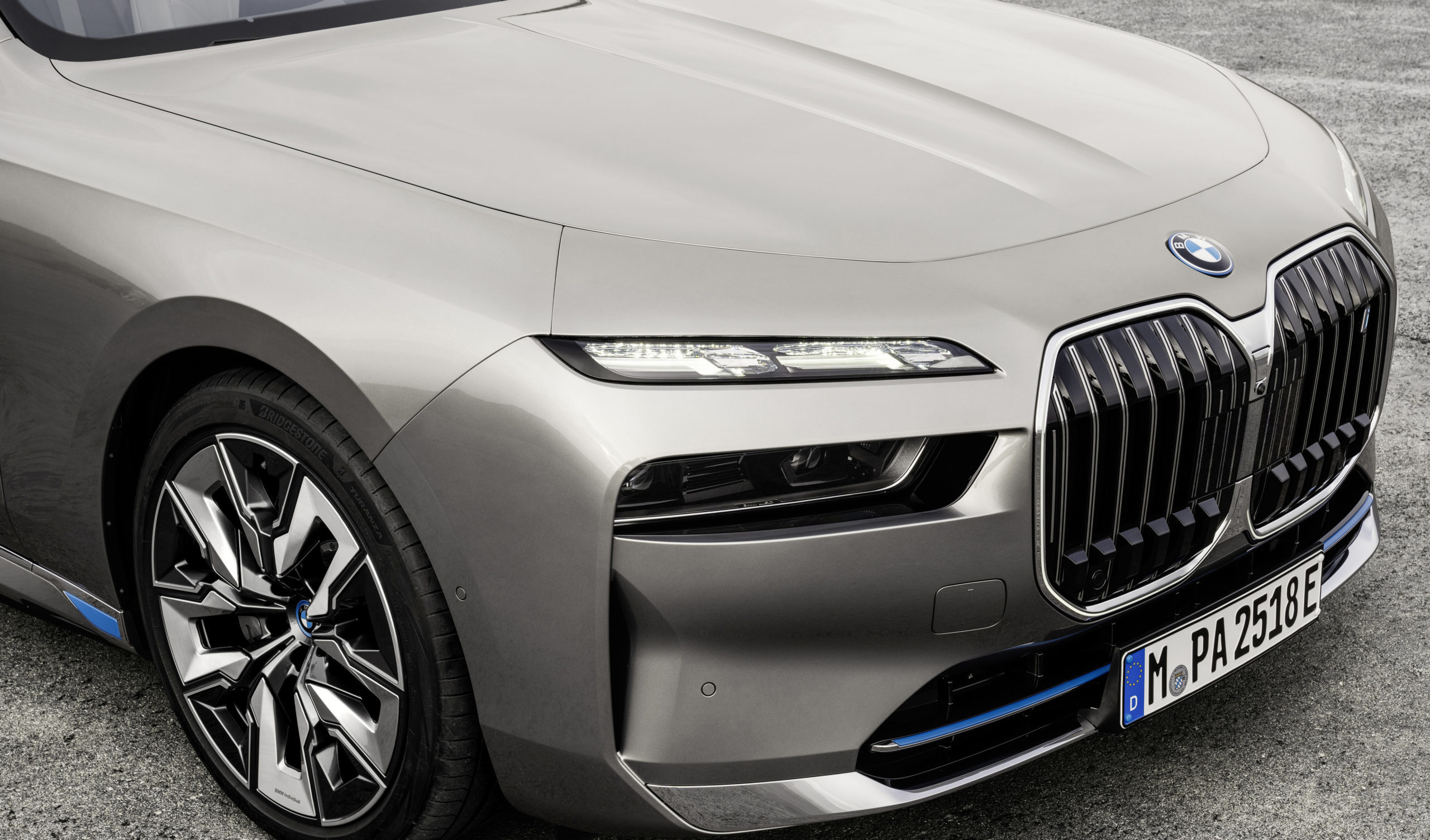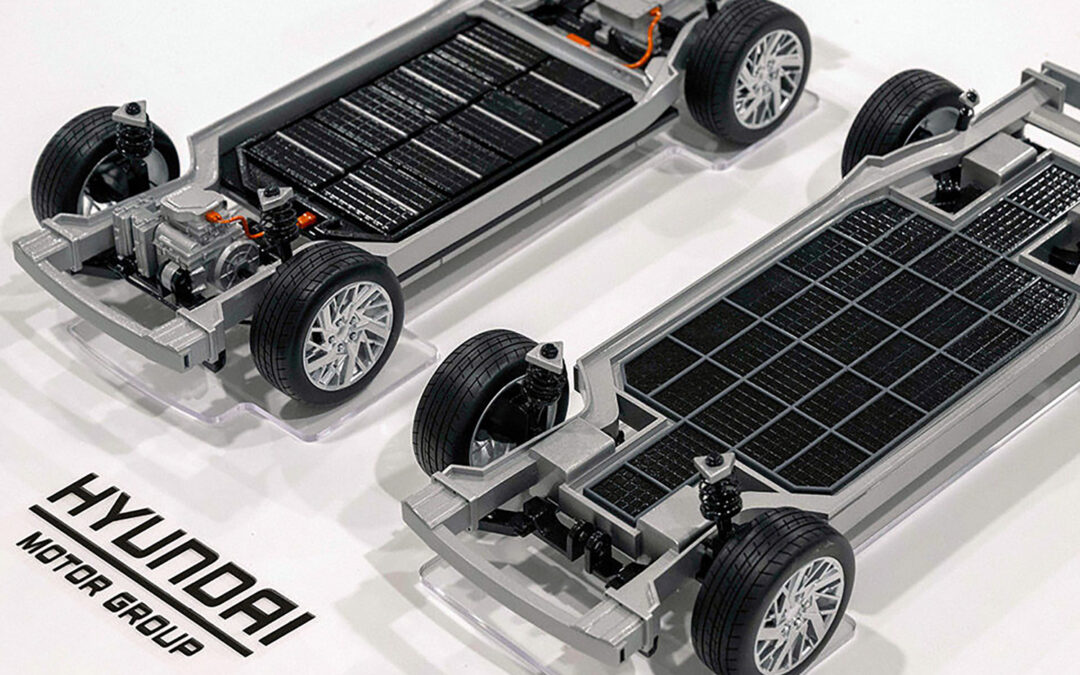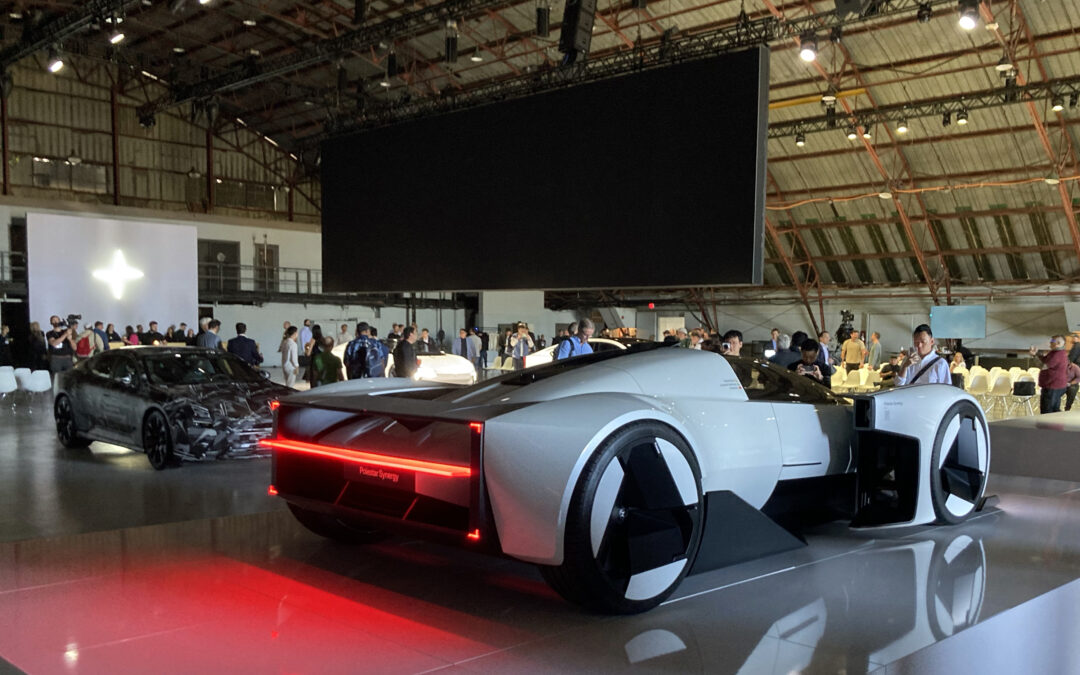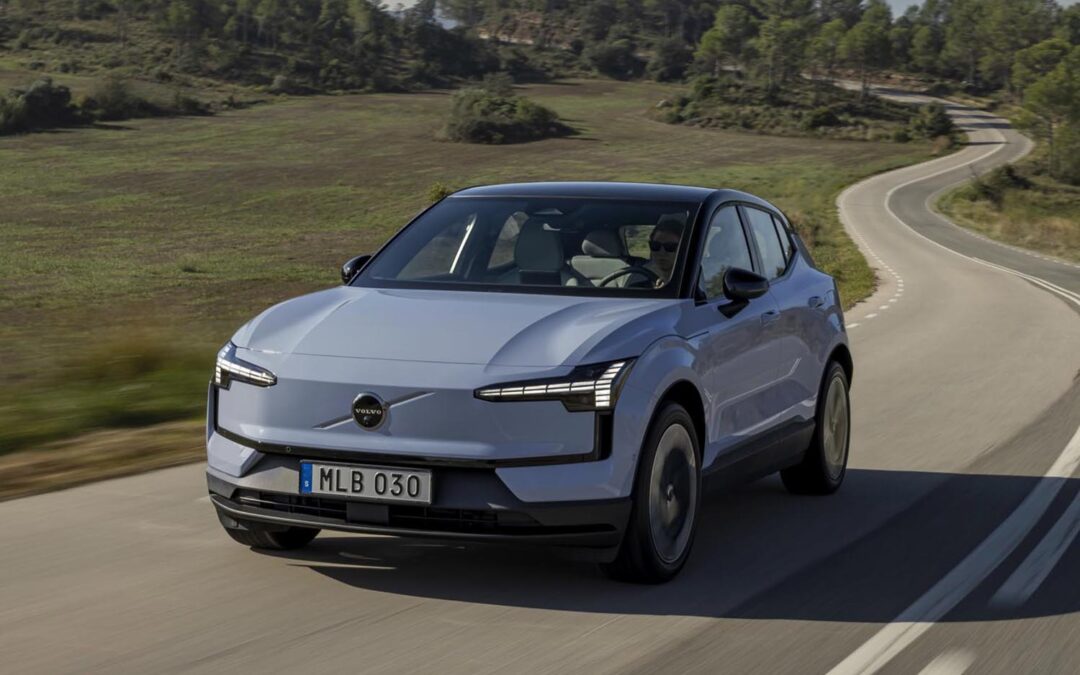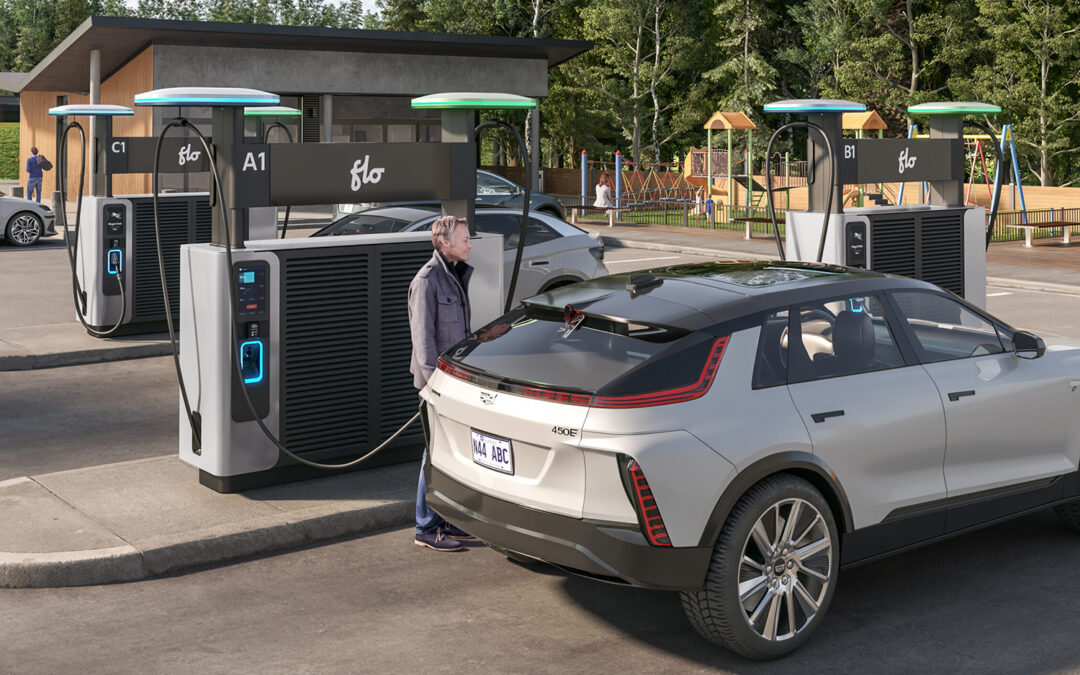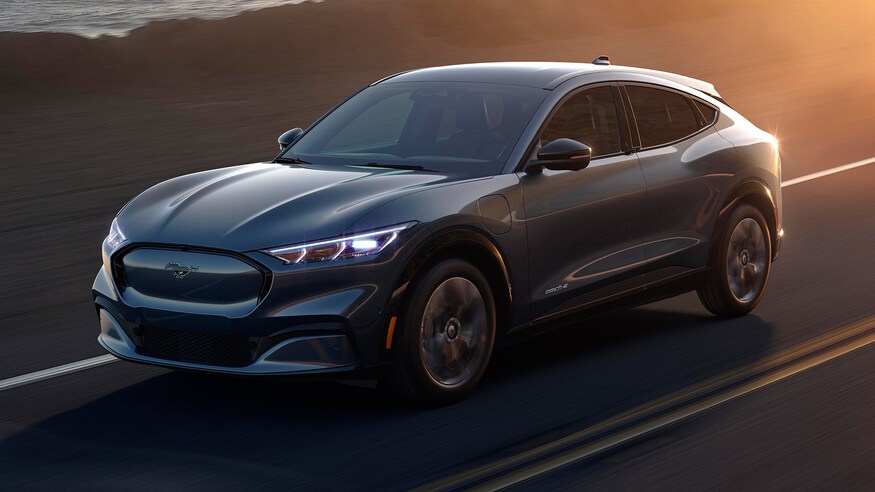Following confirmation of a potential supply agreement between the Chinese battery company CATL and BMW, the automaker is reportedly switching to cylindrical battery cells to pair with its next-generation EV platform that’s due in 2025.
According to Reuters, BMW will “shift to cylindrical cells, rather than the prismatic format BMW has unified its fifth-generation EV propulsion suite around, will bring big cost savings – in the range of 30 per cent.” This update should coincide with the launch of BMW’s new dedicated electric vehicle platform, called Neue Klasse, which “will be concentrated on the 3 Series segment.”
Notably, BMW has publicly criticized the use of cylindrical cells in the past, citing that they were the “inferior option” among available formats. In fact, in 2017, BMW’s R&D boss at the time, Klaus Fröhlich, told a correspondent that we wouldn’t see cylindrical cells from BMW without a game-changing chemistry. He noted that cylindrical cells are “inherently riskier”, because they rely on a more aggressive chemistry to offer the same energy density in the same volume.
With this in mind, it will be interesting to hear more details from the automaker pertaining to the reason behind the switch, whether that be the evolution of the battery technology, or perhaps a supply chain advantage. While BMW has been resistant to use this format in the past, many of the top EV companies — including Tesla, Lucid, and Rivian — seem to favour it.
Currently, CATL is looking at potential battery factory sites in the United States to supply carmakers (including BMW), with a goal of production beginning in 2026.
